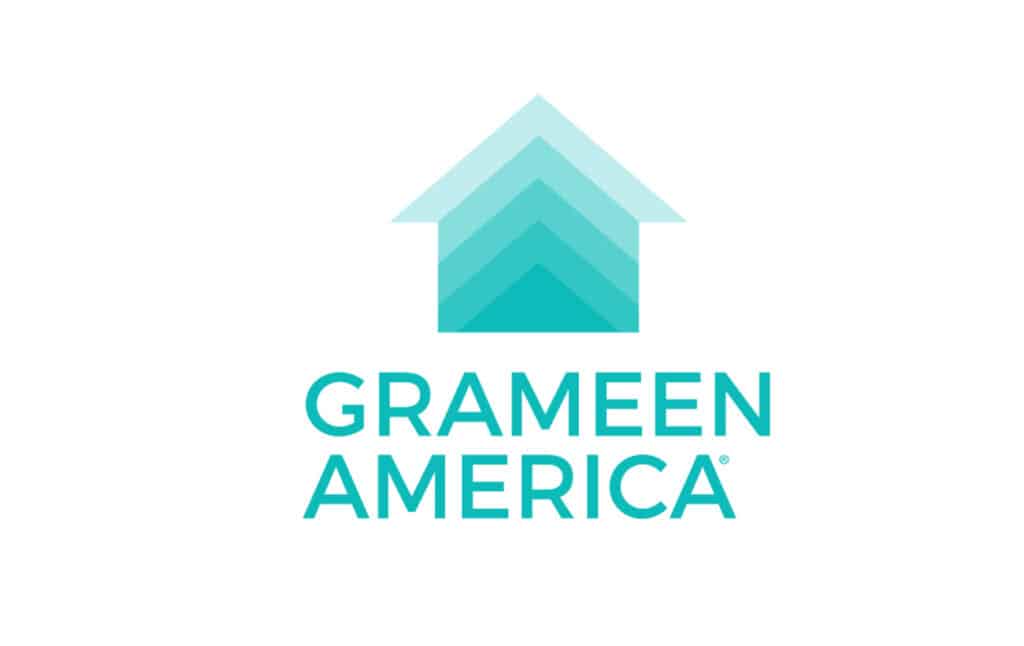In the competitive marketplace of today, consumers are no longer just buying products—they’re buying into the values behind them. More than ever, people want to support brands that are transparent, trustworthy, and committed to sustainability.
Underscoring this shift in consumer expectations, research by Statista found that 60% of consumers consider trust and transparency are the most important traits a brand can possess. The message is clear – it’s no longer enough to simply offer a great product. Brands today must align their business strategies with the values of their customers.
This shift presents both a challenge and an opportunity for brands. Our latest e-book explores the research behind the evolving consumer landscape. From building trust through transparency to driving growth with sustainability, our research offers a glimpse into how brands can adapt to meet these demands and build lasting customer loyalty.
The Rise of Transparency in Consumer Expectations
Today’s consumers demand transparency. It’s no longer a nice-to-have—it’s an expectation. People want full visibility into everything, from the ingredients in their products to how brands operate behind the scenes. Two-thirds of consumers now consider transparency a critical factor in building trust with a brand. In fact, according to our research, two-thirds of consumers consider transparency a critical factor in building trust with a brand, according to our e-book.
Sustainability as a Driving Force in Consumer Choices
Just as transparency is reshaping consumer expectations, sustainability has become a major deciding factor in how people choose which brands to support. Consumers are being increasingly drawn to companies that align with their environmental values and demonstrate a commitment to sustainability. Our research across different product categories (e.g. luxury fashion, apparel, jewelry & accessories, personal care, health & wellness, beauty & skincare, and fragrances) highlighted that over half of consumers are likely to try a brand’s product if the brand is socially and environmentally conscious.
Clearly, embracing sustainability is more than a trend—it’s a strategic move. By integrating eco-friendly practices like sustainable sourcing or reducing waste into their core operations, brands can not only appeal to environmentally conscious consumers but also create new avenues for growth.
The Connection Between Trust and Loyalty
How a Strong Reputation Drives Competitive Advantage
Trust is a fundamental pillar of loyalty, but a strong reputation goes even further—it gives brands a competitive advantage. 85% of luxury consumers say that brand reputation is crucial in their purchasing decisions. Brands with a solid reputation aren’t just preferred; they often command higher prices and inspire greater customer loyalty.
Leveraging Insights with Technology to Boost Reputation
What the Future Holds
As consumer expectations continue to evolve, brands must adapt to the growing demand for transparency, sustainability, and trust. Those that embrace these values will not only strengthen their brand reputation but also gain a competitive edge in the marketplace. By aligning with what matters most to today’s consumers, brands can build deeper connections, foster loyalty, and position themselves as leaders in a rapidly changing landscape.
Ready to see how these strategies can elevate your brand? Download our e-book for deeper insights and practical approaches for helping your brand not just survive – but thrive.








